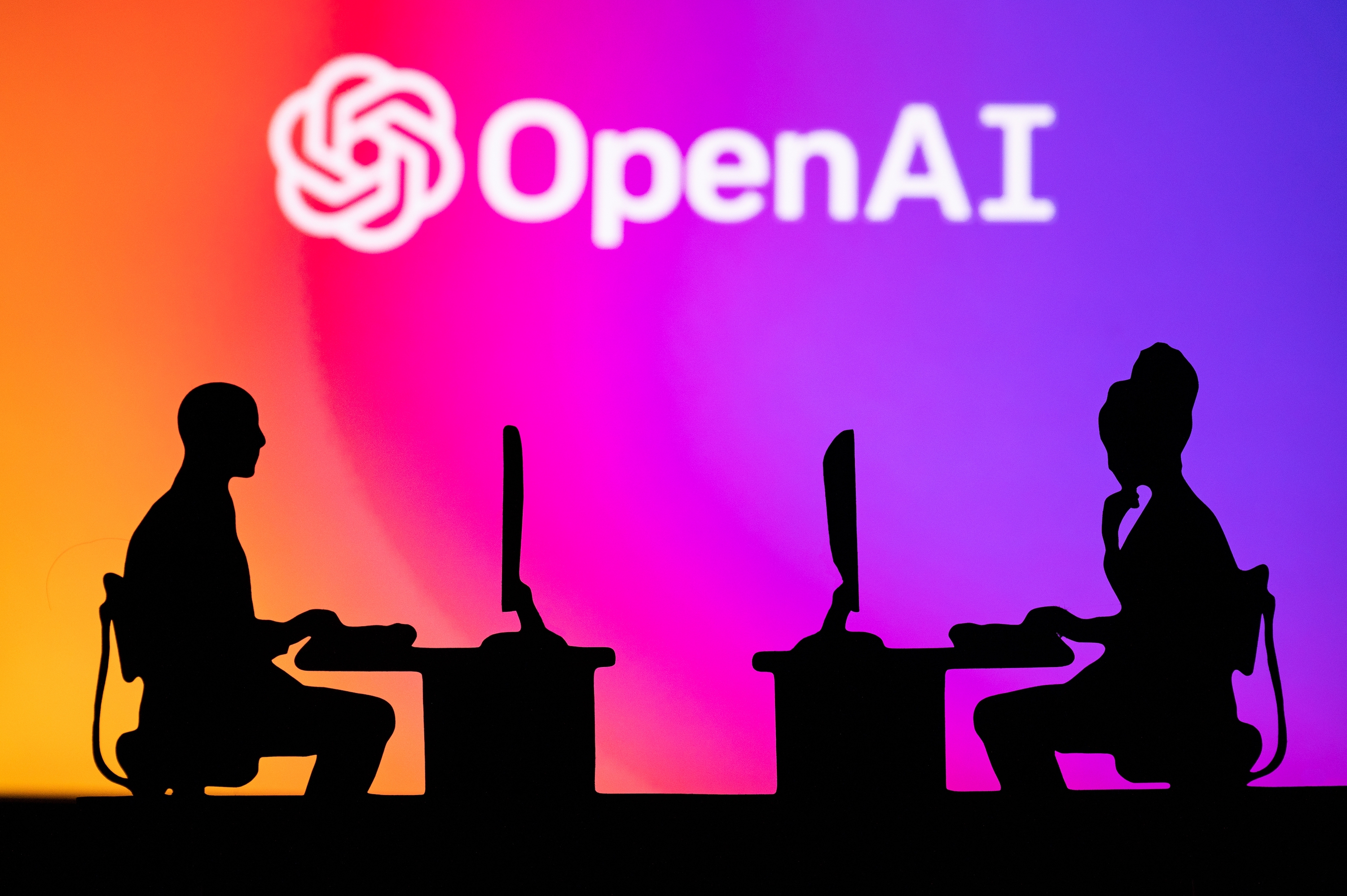OpenAI, a leading artificial intelligence research lab, published a new tutorial on using its GPT-4 and Whisper models to automate the transcription and summarization of meeting minutes.
The tutorial is part of OpenAI’s ongoing effort to democratize AI technology and make it more accessible to a broader audience.
Meeting Minutes With GPT-4 And Whisper
The meeting minutes tutorial provides a step-by-step guide on transcribing and summarizing meeting minutes using the GPT-4 model and Whisper.
It begins by explaining the importance of meeting minutes and how they can be a valuable resource for organizations.
The tutorial then delves into the technical aspects of using the GPT-4 model and Whisper, providing detailed instructions on setting up the recording, transcribing audio, and summarizing the transcriptions.
Whisper, an automatic speech recognition (ASR) system, is trained on a vast amount of multilingual and multitask supervised data collected from the web.
It is designed to convert spoken language into written text, making it an ideal tool for transcribing meeting minutes.
The GPT-4 model, on the other hand, is a language model that can generate human-like text. It can summarize the transcriptions generated by Whisper, creating concise and easy-to-understand meeting minutes.
Getting The Best Results
Toward the end of the tutorial, OpenAI offered six strategies for getting better results with the GPT-4 model.
GPT-4 performs best when given explicit instructions. If you want brief replies, ask for them. If you need expert-level writing, specify it. The more precise your instructions, the better the results.
GPT-4 can sometimes invent answers, especially when asked about esoteric topics. Providing reference text can help the model answer with fewer fabrications.
Complex tasks tend to have higher error rates than more straightforward tasks. By breaking down complex tasks into a series of simpler tasks, you can improve the accuracy of the results.
GPT-4 can make more reasoning errors when trying to answer right away. Asking for a chain of reasoning before an answer can help the model reason its way toward correct answers more reliably.
You can compensate for the weaknesses of GPT-4 by feeding it the outputs of other tools. For example, a text retrieval system can tell GPT-4 about relevant documents. A code execution engine can help GPT-4 perform math and run code.
Defining a comprehensive test suite may be necessary to ensure that a change improves performance. This allows you to evaluate model outputs concerning gold-standard answers.
The guide also emphasized the importance of understanding the model’s limitations and being mindful of its potential biases.
A Valuable AI Assistant For Team Meetings
This development is significant for those who frequently participate in meetings and must keep track of discussions and decisions.
Using AI to accurately transcribe and summarize meeting minutes can save time and resources and improve organizational communication efficiency.
Furthermore, understanding how to use the GPT-4 model effectively could further support your business and marketing strategies.
Featured image: kovop/Shutterstock





![AI Overviews: We Reverse-Engineered Them So You Don't Have To [+ What You Need To Do Next]](https://www.searchenginejournal.com/wp-content/uploads/2025/04/sidebar1x-455.png)